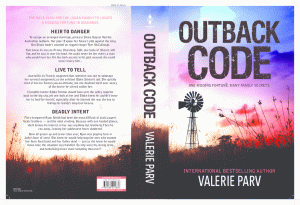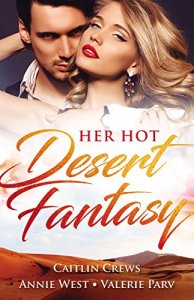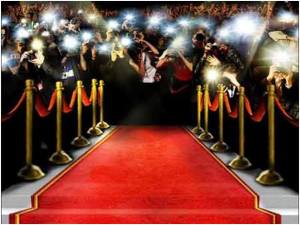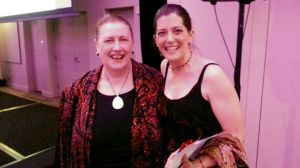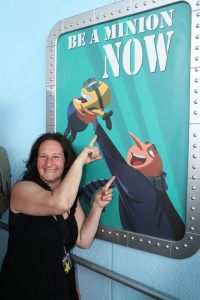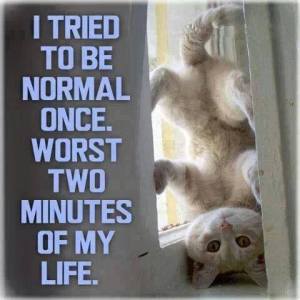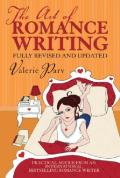Not long ago I blogged here that with writing, the learning never stops. To many people’s surprise, I still buy books about the writing craft. Even if I learn one new tip, the purchase is worthwhile.
As I’ve said many times, there’s no one way to write. Most teachers will tell you how they write. Not necessarily a bad thing. If Stephen King, Nora Roberts or Liane Moriarty give me advice, I’ll give it a try. If it works, terrific. If not I can try something else. You can do the same. Now for the questions.
Is there a formula for writing romance?
Yes, there is a formula – but not the one you expect. Frankly, if I was given a computer program, had to press a few keys, and out comes a book, I’d certainly try it. So far I’m still waiting.
For me, the “formula” is simply having two characters who meet and are strongly attracted. There must be a huge problem coming between them. This problem, also called the conflict, is so big that readers can’t see how it can be resolved to allow the characters their happy ever after, or happy for now.
Dozens of books have been written on how to create the conflict. Basically you need to know who these people are, something about their history and emotional make-up. Then you’ll need their greatest fear, and what character you can pit against them who fulfils all their emotional fantasies while triggering their fears big-time. All fiction has conventions but formula, hardly. Not when people and their stories are so varied.
Where do you get ideas?
Ask an editor or publisher what books they most want to see and they’ll say “a story that’s fresh and original” or “a good book.” They can seldom define either, only that they know it when they see it.
Here’s the best definition I know. When you watch a talent show, you see talented people doing extraordinary things. They may hit all the right notes, juggle or play an instrument but they need another factor to win, something you can’t pinpoint but you recognise as soon as you see it.
This elusive factor can’t be taught. Polished perhaps, but it’s usually inborn. They do what they do for love, because they can’t not do it. As a writer, do you have that quality? I don’t know. But if your work is put in front of me, I’ll know it in an instant.
The words may be raw, the grammar wobbly, but if you have that factor your story will compel me to read on to find out how things turn out. This isn’t to say you can’t improve your work, but first focus on telling a story only you can tell.
Your characters may seem like ordinary people in a mostly ordinary setting. They may be the only people in their community who don’t have the special “thing”. Think Harry Potter or Luke Skywalker.
This is the story others will see as “fresh and original” because it felt that way to you as you wrote. You’ll be so in love with your people you can’t wait to get their story down. Get excited about your characters, fall in love with them, feel along with them. This is an idea in its purest form.
How do you know if you’re a writer?
This is a question I’m often asked in interviews and at writers’ conferences. As a child I wrote before I knew what a writer was, thinking everybody made up stories for their own entertainment.
I believe writers are born with the storytelling gene. You may scribble here and there when you can. You may enter competitions involving writing. Or write your family history in a more creative way than just who was born when and did what.
You may think everybody does this, especially if you don’t know any writers. The opposite also happens, when you find a local or online group and immediately think everybody is writing a book.
The only definition of a writer is a person who writes. Whether you’re published or not, sell squillions or not, that’s the bottom line. If any or all of these fit you, you can safely say you’re a writer.
Do these answers work for you? Please share your thoughts in the box below. They’re moderated to avoid spam but your comment can appear right away if you click on “sign me up” at right. I don’t share your details with anyone. Happy writing,
Valerie
NEW! Hear Valerie Parv podcast with Craig Cormick in
SECRETS FROM THE GREEN ROOM https://tinyurl.com/3w52kf3s
BUY NOW 34 Million Books, Australia’s Queen of
Romance shares her life and writing tips
Part memoir, part writing guide
print and ebook buying links at www.valerieparv.com
Try a new short read – Her Royal Secret Santa
on ebook universal link mybook.to/SecretSantaParv
takes you to your nearest Amazon site
Find Valerie on Facebook and Twitter @valerieparv
